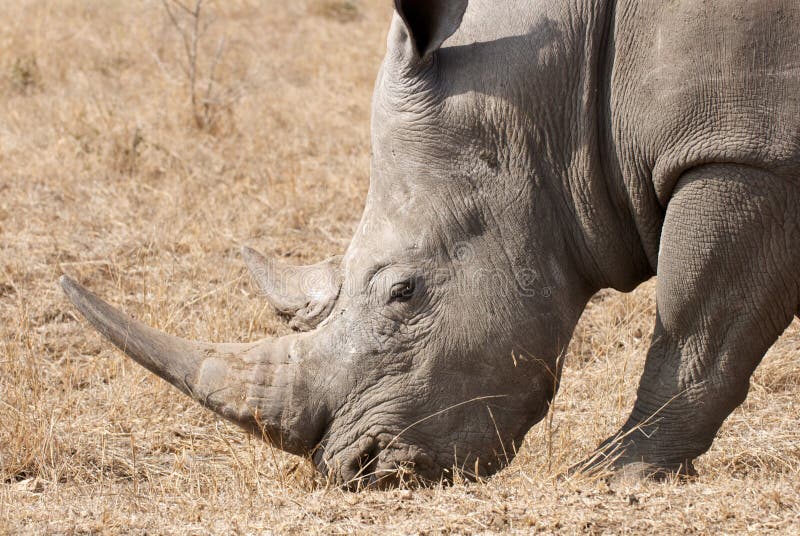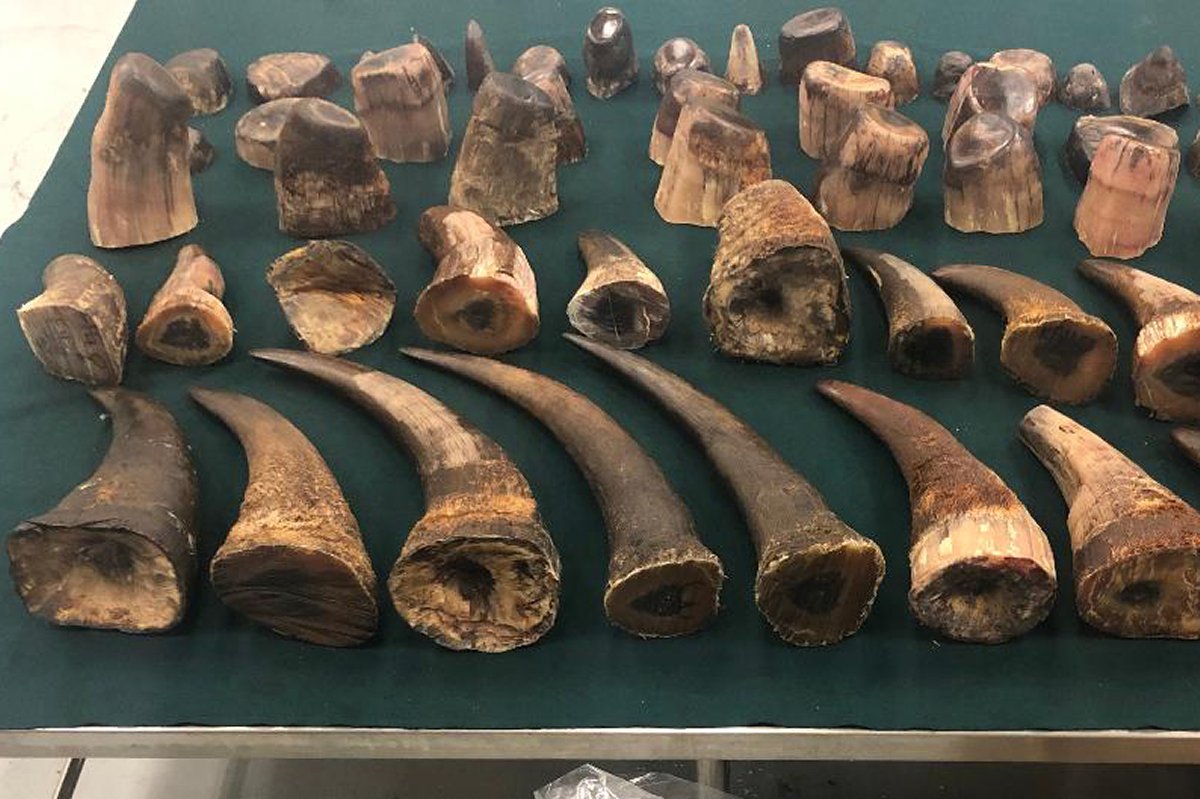
“The news today is a staggering display of brazen disregard for global opinion.”

“The news today,” she says, “seriously jeopardizes the future survival of wild tigers by stimulating demand for their body parts instead of eradicating demand,” adding that it also puts rhinos at risk in their African and Asian range countries.

“China’s reputation as a leader in conservation following their domestic ban on the sale of ivory now lies in tatters,” she said in an email. Conservation groups championed the move as a necessary step to help reduce ivory demand and tamp down poaching of African elephants.ĭebbie Banks, Tiger Campaign Leader at the Environmental Investigation Agency, a nonprofit with offices in London and Washington, D.C., says that today’s announcement undermines China’s stance on wildlife protection. Two years ago, China also announced that it would close its domestic ivory market by the end of 2017, earning widespread praise. And the World Federation of Chinese Medicine Societies-the official group that dictates what can be used in traditional medicine-also removed rhino horn and tiger bone from its list of products approved for use on patients (though the market still existed for them). The country has had a 25-year-old ban in place preventing the import or export of these products. This should be expanded to cover trade in all tiger parts and products,” she says.Ĭhina’s action stands in sharp contrast to the country’s moves to combat poaching in recent years. “WWF urgently calls on China to maintain the ban on tiger bone and rhino horn trade which has been so critical in conserving these iconic species. Rhinos and tigers are both endangered in the wild, and their trade is prohibited. Discerning what animals were obtained legally from farms rather than illegally from the wild would be incredibly difficult, so this decision would give cover to traffickers, she says. The move is “very concerning,” says Leigh Henry, director of wildlife policy at the World Wildlife Fund.

The animal specimens may be obtained only from farms, according to the announcement, but conservationists say this surprising move may open the floodgates for a surge in illegal activity and threaten vulnerable animal populations. In China, rhino horn and tiger bone may now be legally used in medical research or traditional medicine following a controversial announcement by the government this morning. 12, 2018, a senior Chinese official said that it is postponing lifting its ban on the legal use of rhino and tiger parts for traditional medicine and research, pending "further study." No further details were provided. Update: In an interview with state media published Nov.


 0 kommentar(er)
0 kommentar(er)
